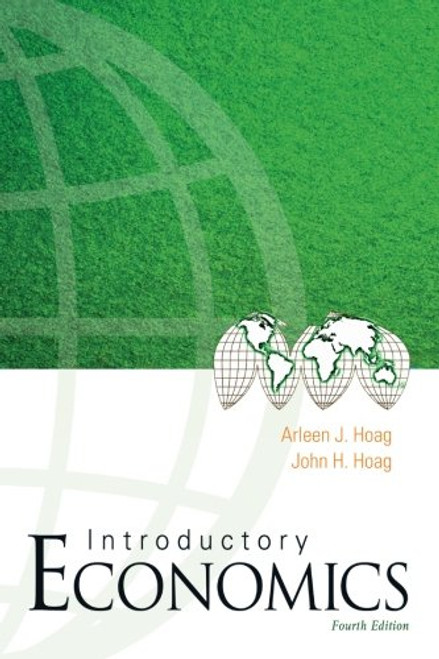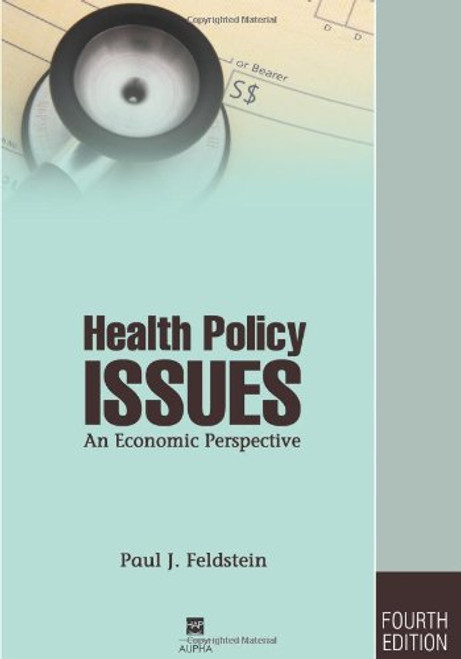Eureka! Skousen has done the impossible. Students love it! I will never use another textbook again.Harry Veryser, University of Detroit-Mercy
They said it couldnt be done. Austrian economics is so different, they said, that it couldnt be integrated into standard neo-classical textbooks. Consequently, college students learn nothing about the great Austrian economists (Mises, Hayek, Schumpeter).
Professor Mark Skousens Economic Logic aims to change that. Based on his popular course taught at Columbia University, Skousen starts his micro section with Carl Mengers theory of the good and the profit-and-loss income statement to explain the dynamics of the market process, entrepreneurship, and the advantages of saving.
Then he uses a powerful Hayekian four-stage model of the economy to introduce macro, including a new Austrian measure of spending at all stages of production (Gross Domestic Expenditures).
Economic Logic also offers chapters on:
The international gold standard, the defects of central banking, and the Mises/Hayek theory of the business cycle.
A full critique of the Keynesian Aggregate Supply and Demand (AS-AD) model, and a revolutionary Austrian alternative.
Entrepreneurship, the financial markets, environmental economics, monetary policy and inflation, federal spending and taxes, and government regulation.
Leaders of all schools, including Austrian, Keynesians, Marxist, Chicago, and Public Choice.
They said it couldnt be done. Austrian economics is so different, they said, that it couldnt be integrated into standard neo-classical textbooks. Consequently, college students learn nothing about the great Austrian economists (Mises, Hayek, Schumpeter).
Professor Mark Skousens Economic Logic aims to change that. Based on his popular course taught at Columbia University, Skousen starts his micro section with Carl Mengers theory of the good and the profit-and-loss income statement to explain the dynamics of the market process, entrepreneurship, and the advantages of saving.
Then he uses a powerful Hayekian four-stage model of the economy to introduce macro, including a new Austrian measure of spending at all stages of production (Gross Domestic Expenditures).
Economic Logic also offers chapters on:
The international gold standard, the defects of central banking, and the Mises/Hayek theory of the business cycle.
A full critique of the Keynesian Aggregate Supply and Demand (AS-AD) model, and a revolutionary Austrian alternative.
Entrepreneurship, the financial markets, environmental economics, monetary policy and inflation, federal spending and taxes, and government regulation.
Leaders of all schools, including Austrian, Keynesians, Marxist, Chicago, and Public Choice.








